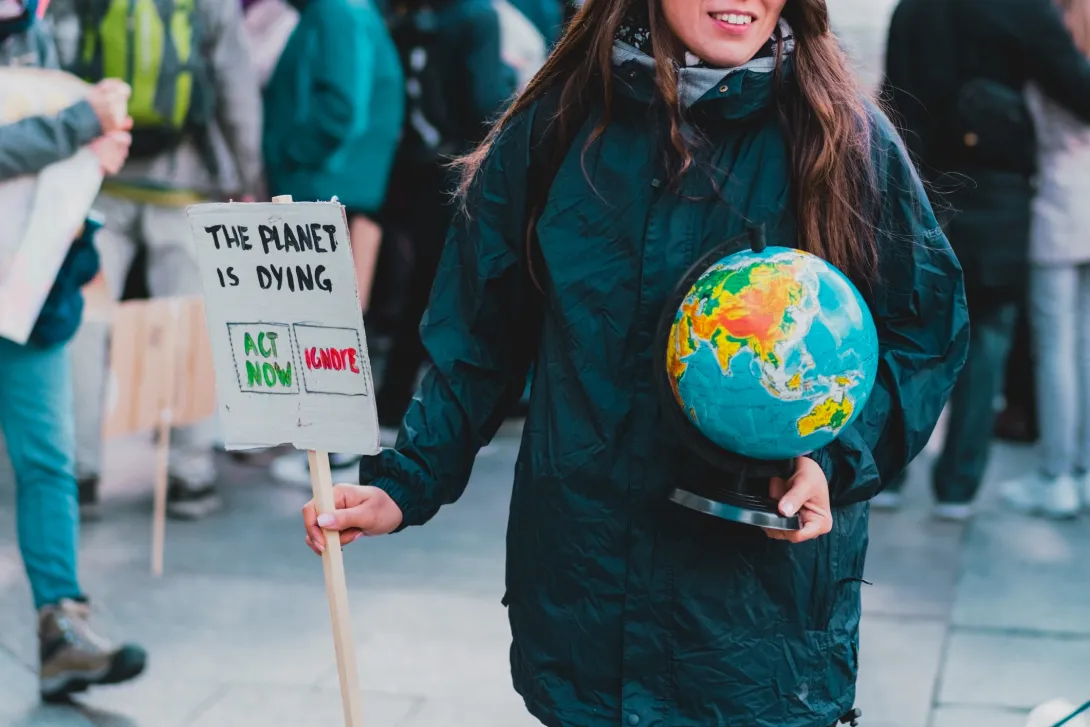
Across Europe, democracy is at a crossroads. Populist leaders and movements are increasingly challenging democratic institutions, deepening societal divisions, and placing progressive climate policies under political pressure. Globally, the rise and fallout of Trumpism have shown how quickly democratic norms can be eroded. Yet similar trends are unfolding closer to home: from the far-right AfD’s rise in Germany to Chega’s ascent in Portugal and the Freedom Party’s growing success in Austria. Most recently, Poland has again emerged as a focal point, with its newly elected right-wing president tightening the grip of populism on European politics.
Trans4Demo, a research and innovation initiative funded by the EU’s Horizon Europe programme with nearly €3 million and involving 13 partners from 9 countries, seeks to explore and address these tensions. Running until 2027, the project investigates how populism and climate politics interact, and develops strategies to strengthen democratic resilience while advancing Green Deal goals.
From Hope to Cold Shower
Poland, where Trans4Demo is coordinated, offers a vivid case study. When the Civic Coalition returned to parliamentary power in autumn 2024, many celebrated it as a democratic turning point. Years of right-wing populist rule under the United Right, marked by attacks on judicial independence, confrontations with EU institutions, and slowed climate efforts, seemed to be ending. The election was hailed as proof that democratic mobilization, coalition-building, and pro-European messaging could push back against populism at the ballot box.
But optimism was short-lived. In May 2025, the presidential election brought a setback: Karol Nawrocki, a conservative historian and former head of the Institute of National Remembrance, was elected president. His victory signalled that the fears exploited by populists worldwide also remain deeply rooted in Polish society. His presidency now stands as a serious counterbalance to the pro-European parliamentary majority and could impede key reforms.
Nawrocki’s agenda blends hardline nationalism with staunch opposition to the European Green Deal. He presents EU climate policies as threats to Polish sovereignty and economic stability, hailing coal as the country’s “black gold” and promoting nuclear power, while showing clear scepticism towards EU-driven renewable energy targets. This narrative resonates particularly in industrial regions and among communities wary of fast-paced climate transitions. The result is an expanded populist presence in both cultural and economic policy spheres.
Why This Matters for Europe
Poland now faces a political standoff: a liberal-democratic government working to rebuild institutions and strengthen EU ties, and a president who embodies nationalist resistance and populist retrenchment.
For Europe, this has far-reaching consequences. While the Civic Coalition supports the Green Deal, the president’s veto powers and sway over public opinion could delay or derail climate reforms. This creates a form of policy paralysis that hampers Poland’s energy transition and potentially weakens Europe’s broader climate commitments. It also emboldens populist forces across the continent, fueling cross-border alliances and shared narratives.
How We Respond
Trans4Demo was built for moments like this, when democracies are under pressure and climate action becomes politically contested.
We introduce a temporality-sensitive analytical framework to better understand political conflict. Populists like Nawrocki often use the rhetoric of urgency, such as “protect sovereignty now” or “defend jobs today,” while climate strategies are anchored in long-term visions for 2030 or 2050. These competing temporalities heighten political tensions and complicate consensus-building.
Our project combines multidisciplinary research with participatory methods to address these challenges. Trans4Demo will provide in-depth comparative case studies examining both populist and anti-populist actors within the climate policy landscape. We will organize citizen workshops and panels to explore new forms of civic dialogue. At the same time, it will develop laboratories that allow citizens to imagine and shape futures where sustainability and democracy reinforce one another.
Through this work, Trans4Demo aims not only to understand the conflicts at the intersection of climate and democracy, but also to shape innovative, inclusive responses that help secure Europe’s democratic and ecological futures.
Cover photo description: Warsaw, Poland - Oct 11, 2021: Women (sic) holds a globe of earth and a banner with phrase "The planet is dying." Act now. Ignore. Choose. Environment. Nature. Protest. Crowd. Street. Agreement (photo by Andrii Koval, available in iStockPhotos)
